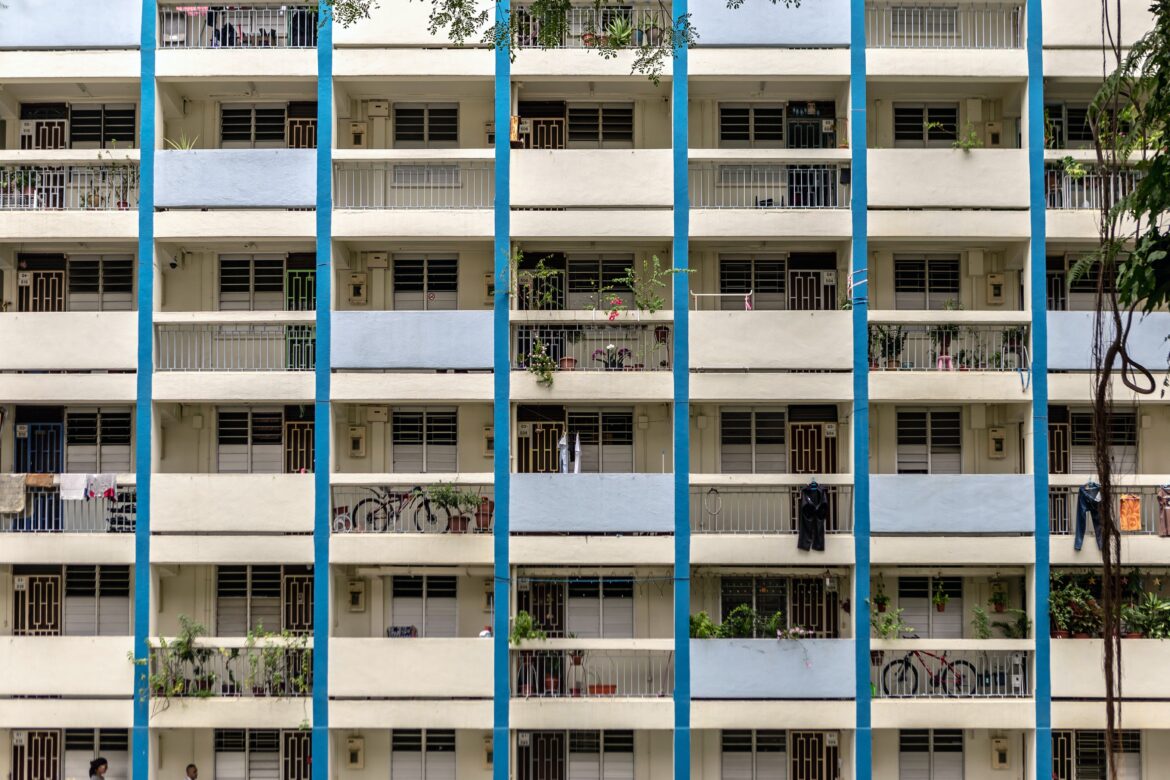Singapore, known as “The Lion City”, is a major trade and financial hub in South-East Asia. Its strategic business-friendly policies and geographic location within Southeast Asia have facilitated rapid economic development. However, economic growth measured through GDP fails to account for the social factors of growth that are essential to overall development. That being said, Singapore offers an excellent standard of living, ranking third in the 2021 Quality of Urban Life Index. Its renowned safety, cleanliness, social cohesion, and economic opportunities attract expats from around the world.
The 2018 romantic comedy “Crazy Rich Asians” showcased the lavish lives of Singapore’s elites. However, the lives of average Singaporeans are very different. Amidst high inflation and a cost of living crisis, many Singaporeans have been struggling to cope financially. To help alleviate this, the government has recently issued a $1.1b cost-of-living package awarding up to $200 to around 2.5 million Singaporeans.
Like many other developed countries, Singapore faces issues with inequality. As an attractive financial hub, wealthy individuals and multinational corporations settle in Singapore increasing financial flows, as well as inequality. Poverty in Singapore looks a little different than what people expect. Homeless individuals and slums are practically non-existent as the Singaporean government builds and subsidises housing for their citizens. However, the quality of life and split of income between the rich and lower-middle class is broad. This is represented by Singapore’s Gini coefficient, which in 2023 is forecasted to be 0.39. The Gini coefficient is a particularly enlightening measure as it outlines the distribution of income across the country on a scale from 0 to 1, with a 0 indicating perfect equality and a 1 indicating a small percentage of the population holds the majority of the nation’s wealth. Singapore’s figure of ‘0.39’ is at the cusp of high inequality.
The past two years have been some of the most politically scandalous times in Singapore’s history. Affairs between ministers, false rape allegations, corruption probes, and most recently a major money laundering operation have contributed to fears political instability. Around mid-August of this year, news stories revealed arrests and asset seizures following a large-scale money laundering case. Following the recent news, a shadow of doubt has been cast on the anti-money laundering policies and “loopholes that enabled an alleged crime syndicate to accumulate luxury property, Bentley cars and cryptocurrency”.
Such crimes diminish Singapore’s reputation as a secure financial hub. On the political front, weak enforcement of anti-money laundering policies tie into issues of inequality. Financial crime contributes to income and wealth inequality by allowing criminal actors to accumulate wealth and skewing the distribution of income. Focus on these crimes also diverts resources from programs that promote equity and economic opportunity, and undermines Singapore’s efforts to curb wealth inequality. Addressing these issues requires effective enforcement of existing anti-money laundering laws and greater transparency in financial transactions. If adequate actions are not taken to curb money laundering, Singapore’s international reputation and economy may be affected.
Furthermore, financial scandals such as the recent ones further incentivise illicit financial transactions through the Singaporean economy. Institutions and individuals may believe that Singapore’s enforcement of such policies may not be effective. Additionally, the attraction of such crimes and “dirty” money will further enhance the inequality gaps present in Singapore, along with missing tax revenue and the ratio of the wealth distribution. Taxes play a crucial role in the redistribution of income and the implementation of social policies to help low-income individuals access opportunities they would not otherwise have (for example college advisors, coaches and tutors).
While poverty may not be as widespread in Singapore, the increasing wealth inequality and relative poverty remain significant concerns. Wealth inequality erodes social cohesion and well-being by eroding trust in the government and community bonds. The growing divide between the wealthy and the less privileged can foster social unrest, and gives rise to the perception that the government is biassed toward the wealthy.
Furthermore, wealth inequality exacerbates issues related to education and economic mobility, creating a cyclical structure. Students who can afford additional tutoring and mentoring tend to perform better, granting them access to better secondary schools and universities. On the other hand, students from lower-income households who struggle in school, and lack extra support may not have access to the same education opportunities. In a society where education is of utmost importance, this serves to provide the wealthy with a distinct advantage. This discrepancy can discourage less fortunate students from pursuing higher education and lead them to opt for trade schools instead. This will have long term impacts on future earnings whereby highly educated individuals will have access to better opportunities.
That being said, Singapore is a meritocracy that aims to promote efficiency and fairness among its people. Post-primary education is determined by a national test called PSLE (Primary School Leaving Examination). Students with better scores are accepted into better secondary schools. However, the benefit of tuition (mentoring) and a higher disposable income continues to play a significant role in helping to boost students’ grades.
Singapore’s culturally diverse background is built of mutual respect and harmony. There are four official languages that reflect the major ethnic groups living there: Chinese, Tamil, Malay, and English. Inequality between locals and foreign expat workers may create a social division. The government wants to attract wealthy individuals to help boost investment and consumption in their economy, both of which benefit their economic growth. However, if policies such as progressive taxes, social safety nets, and better education opportunities are not implemented a rise in their income inequality could disrupt social harmony.
Edited by Isaac Yong

Anvita Dattatreya is in her second year at McGill University, currently pursuing a B.A. Double Majoring in Economics and International Development Studies. As a staff writer in Catalyst she hopes to write articles on topics including socio-economic and political issues in South-East Asia.

